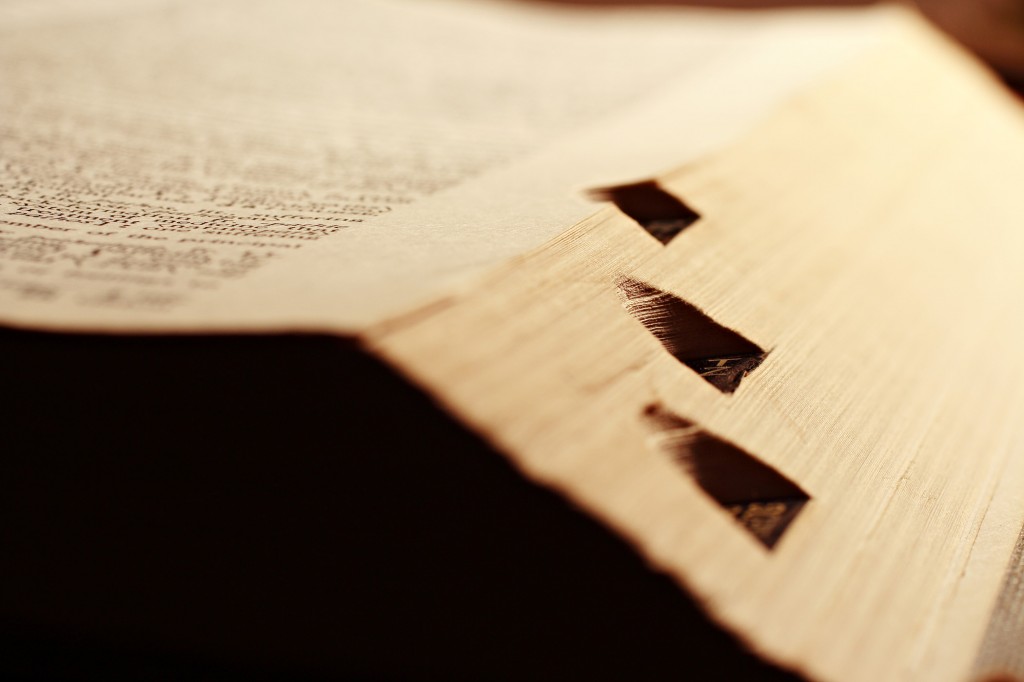Language changes over time, as old words morph into new ones. But where do they all come from? Here are some more interesting origins.
Leprechaun
Meaning: A small, mischievous sprite who can reveal hidden treasure to those who catch him
Origin: “The leprechauns are a race of Irish elves, usually portrayed as cobblers. One theory of the origin of the name holds that, since they are often depicted as working upon a single shoe, the name comes from the Celtic words leith, meaning ‘half,’ and brog, meaning ‘brogue or shoe.’ However, more recent research indicates that the word comes from the Old Irish luchorpan, which in turn comes from lu, ‘small’ and corp, ‘body’ (from the Latin corpus).” (From Dictionary of Word and Phrase Origins, by William and Mary Morris)
Maudlin
Meaning: Effusively or tearfully sentimental
Origin: “Favorite among the subjects of English Miracle plays in the Middle Ages were those that presented the life of Christ. In all of these one of the chief characters was Mary Magdalene. Thanks to the pronunciation of the French name, Madelaine, the English ‘Magdalene’ was always pronounced and frequently spelled Maudlin. So bearing in mind that in almost every pageant in which Mary Magdalene appeared she was in tears, it is not at all amazing that, during the course of many years, maudlin was taken into the language to signify a state of sentimental and tearful affection.” (From Thereby Hangs a Tale: Stories of Curious Word Origins, by Charles Earle Funk)
Dweeb
Meaning: A boring or contemptible person, especially one who is studious, puny, or unfashionable; a nerd
Origin: “The term has been in printed use since the early 1980s and may have originated in U.S. prep school slang, probably influenced by the words dwarf, weed, and creep.” (From The Oxford Dictionary of New Words, edited by Elizabeth Knowles)









